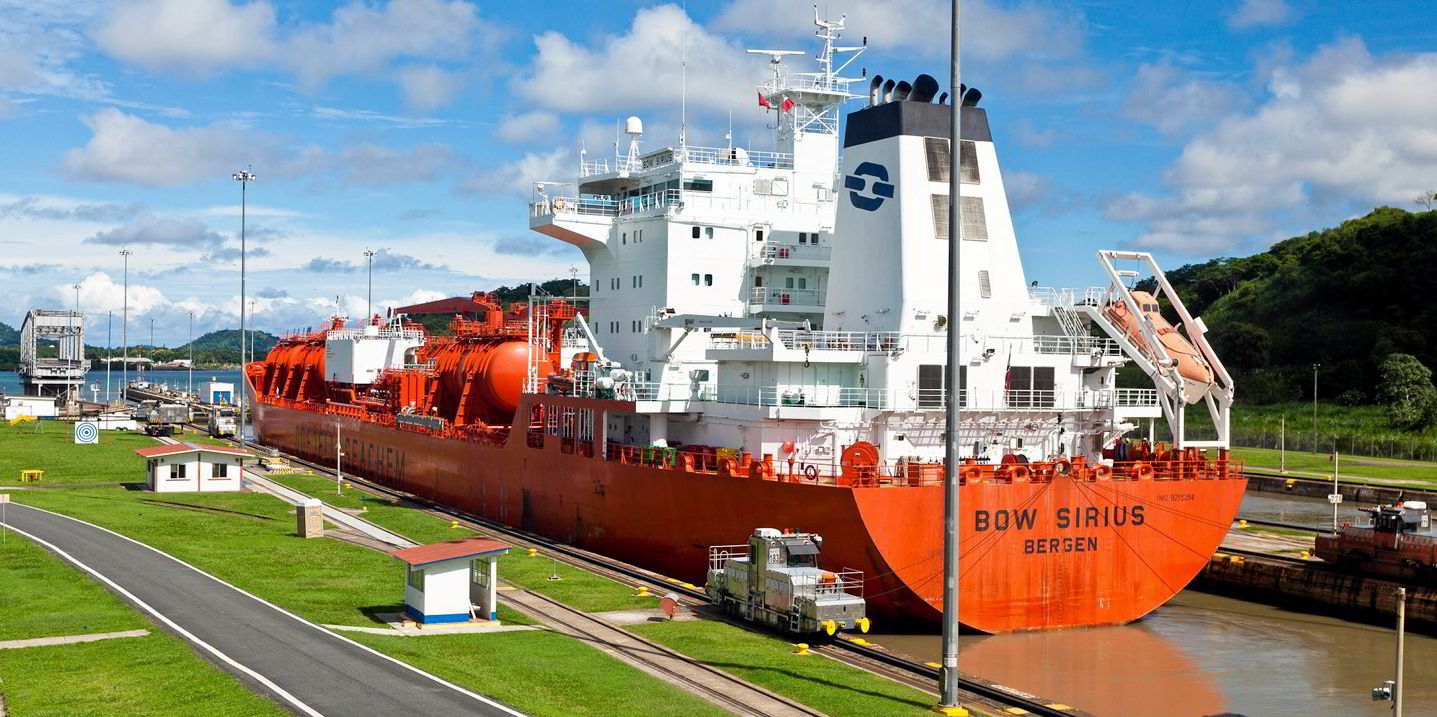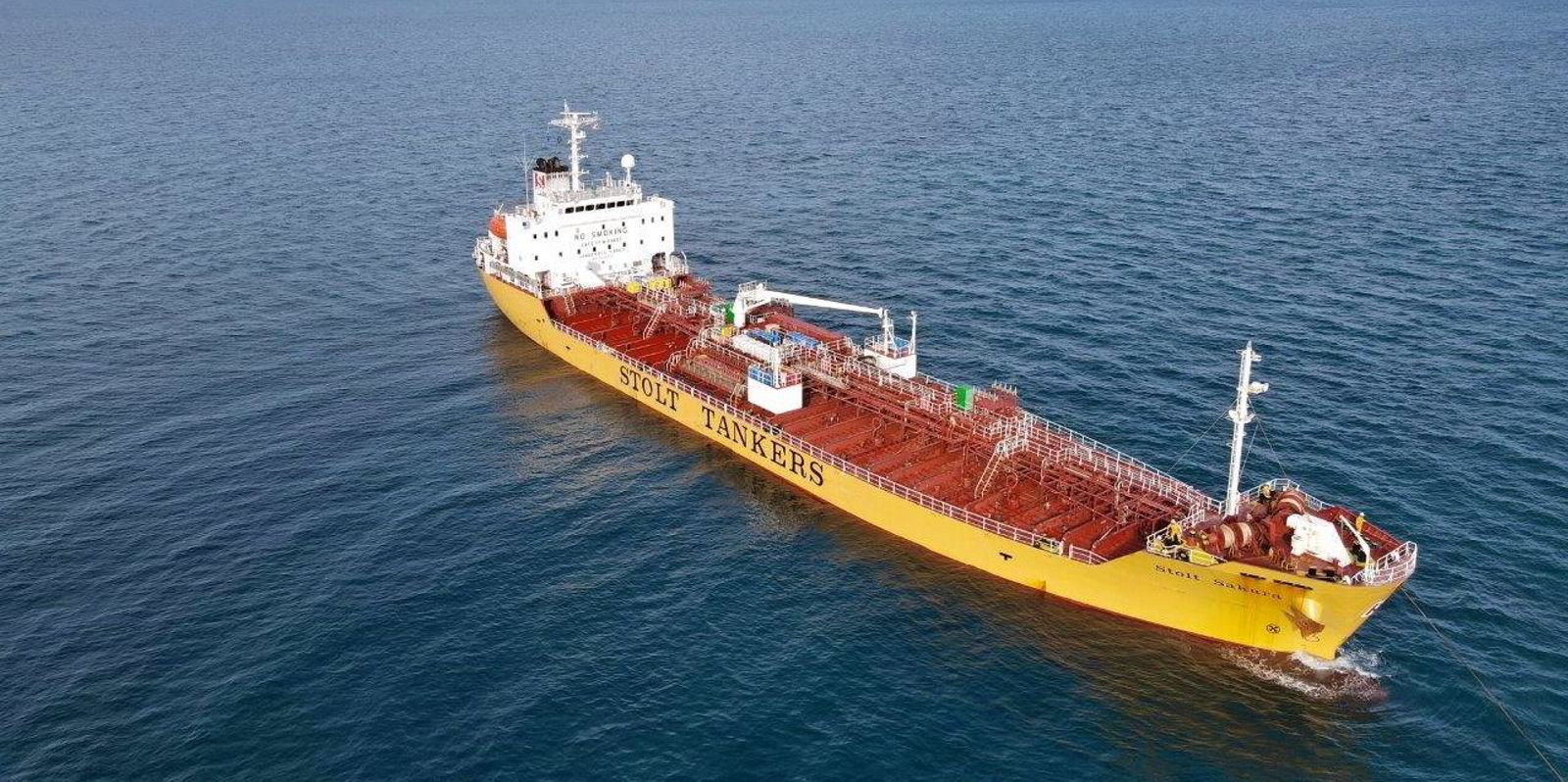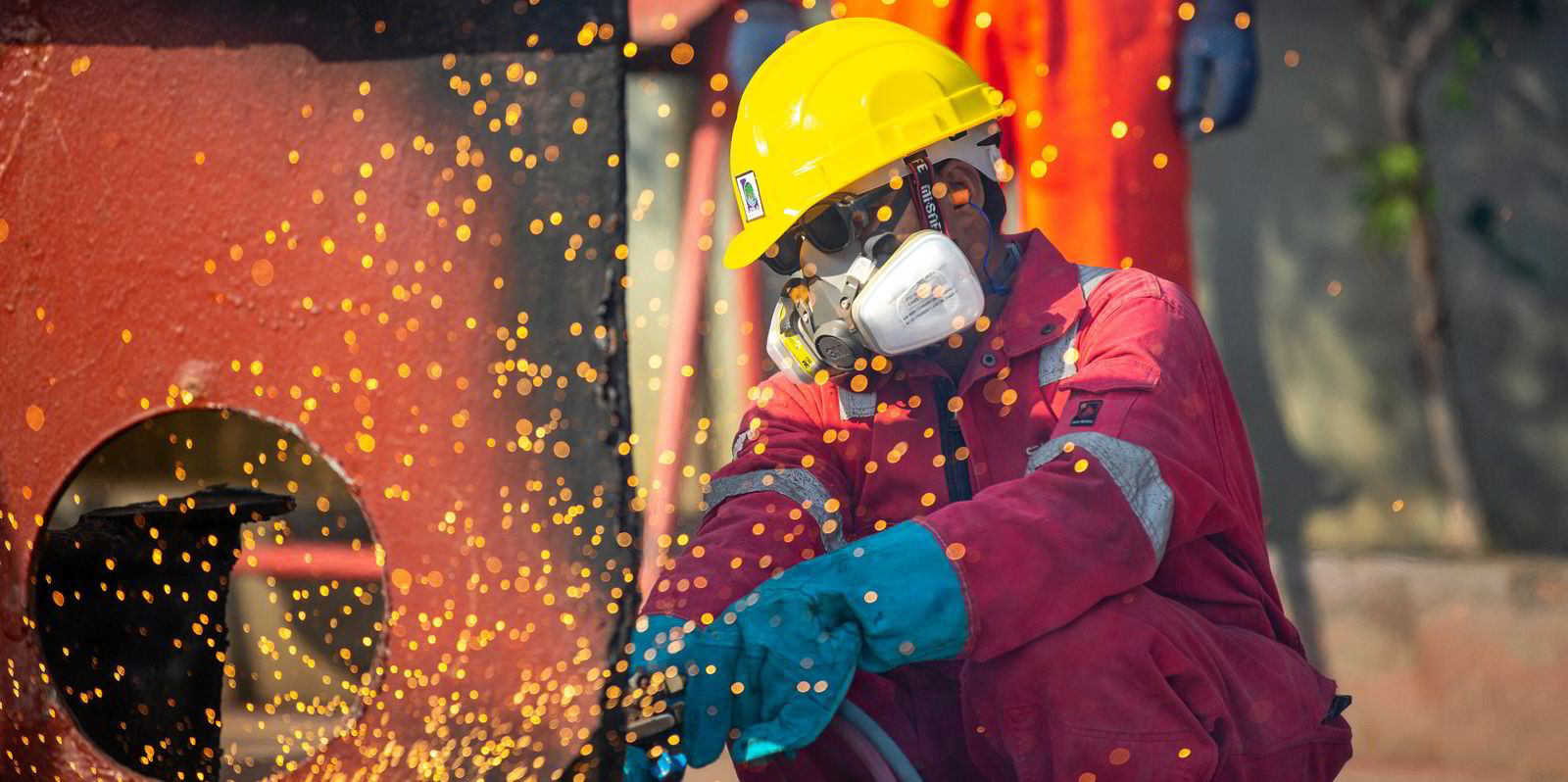Chemical tankers, regardless of size or type, have been largely absent from ship recycling reports throughout 2023. Their owners and operators say this is quite simply because they have been making a lot of money.
A small forward orderbook for chemical tankers, combined with positive views of future market fundamentals, should keep scrapping levels low in 2024 as older ships trade on.
Data compiled by Eastport Maritime shows that only eight chemical tankers totalling about 190,000 dwt were recycled by the end of November 2023. That compares with 902,000 dwt recycled in 2022, and close to 1.8m recycled in 2021.
That owners are keeping their older chemical tankers trading, electing to put them through their fourth and sometimes even fifth special surveys, is a direct result of the hot markets over the past year, caused by a shift towards long-haul routes.
Europe looked to source markets in the US and Middle East after they shunned Russian chemicals. Russia, in turn, has found new export markets in Asia, yet another trade with long tonne-miles.
Growth in chemical trades within China, Indonesia and Vietnam has seen the domestic trade shift from small chemical tankers to intermediate-size vessels, which has removed a lot of intermediate-size tonnage from the global market, said Golden-Agri Maritime CEO and GSB Tankers chairman Bjorn Stignor.
In addition, owners of MR product/chemical tankers have been able to switch between the chemicals and petroleum trades to take the best advantage of market gains in each of the trades.
There is no question that 2023 has been a very good year for chemical tankers. The Eastport Global Freight Index topped 1,707 points by mid-December, as compared to the 2019 average of 1,000 points.
“When owners make a lot of money, we don’t see much scrapping,” Stignor said.
Robust earnings have prompted shipowners to invest in maintaining their older vessels, extending their operational lifespan beyond the usual duration.
Given the tight vessel supply situation — not many chemical tankers have been ordered since 2010, and the orderbook in the MR segment stands at only 10% of the global fleet — charterers are said to be flexible when it comes to vessel age, provided the ship is well maintained and has appropriate vetting.
Positive market trends
“Nowadays we can trade a coated MR tanker in the chemicals market until it reaches 25 years. After that, it has to do something else,” IMC Shipping managing director Frederik Guttormsen told TradeWinds.
Stignor said Golden-Agri Maritime charters coated vessels of up to 25 years, but the tight market has seen it fix older ships from time to time. “We see older vessels we have chartered performing just as well as newer ones. It all comes down to how well they have been maintained,” Stignor added.
This year, IMC recycled two of its coated MR chemical tankers, the 45,400-dwt Maritime Riyal and Maritime Lira (both built 1998), after they passed the 25-year age mark. The decision to recycle these ships was made despite many offers from buyers who wanted to use the ships in the clean petroleum trades.
“They were well-maintained ships, and not without generous offers from small, new companies who wanted to buy them. Given their age, we took the conscious decision to recycle them so that we could ensure they would be sustainably recycled according to our green recycling policy,” Guttormsen said.
Although coated chemical tankers are exiting the trade at age 25, many owners of stainless steel chemical tankers are reportedly prepared to keep their vessels trading up to the age of 30.
VesselsValue data shows that Stolt Tankers has 11 tankers over the age of 25, and market sources say it is prepared to put others nearing that age through a fifth special survey.
Maren Schroeder, Stolt Tankers’ managing director, said the standard 25-year lifespan for most ships is an indicative number, often linked to ship financing, but ultimately it will be the ship’s condition, market, customer acceptance and trade-ability that determines the decision to recycle or sell.
Stringent standards
“Stolt Tankers has several ships that are older than 25 years. Chemical parcel tankers have an advantage when it comes to fatigue and structural condition — the stainless steel, many tanks and bulkheads, regular thorough cleaning and long port rotations allow ships to remain in good structural condition,” Schroeder said.
“If we trade a ship beyond 25 years, that decision is based on a thorough structural survey to ensure seaworthiness, recommendations from the ship classification society and any relevant upgrades that might be needed,” she added.
Schroeder, like Guttormsen and Stignor, believes the outlook for the chemical tanker market looks favourable for owners and supports trading older ships as long as they meet stringent standards.





